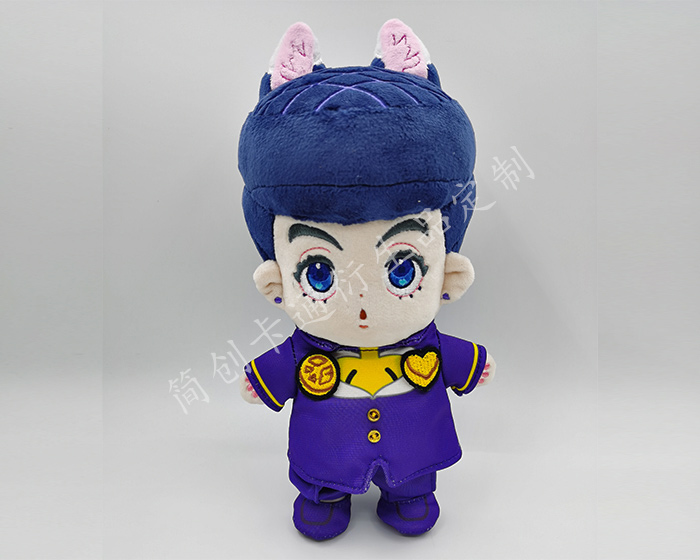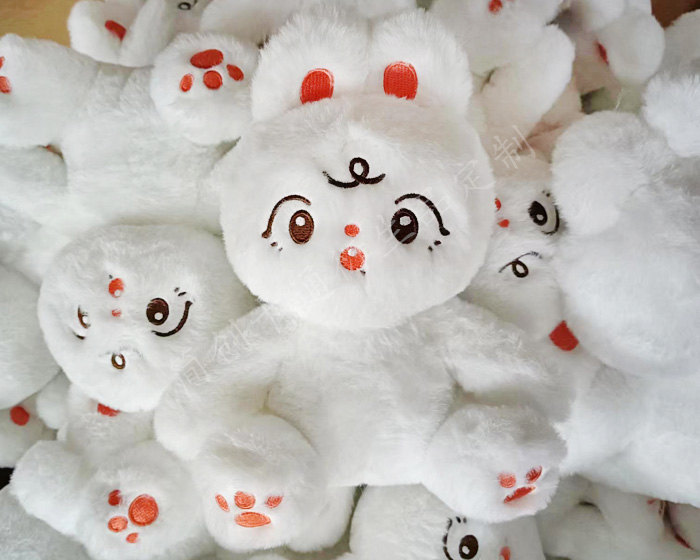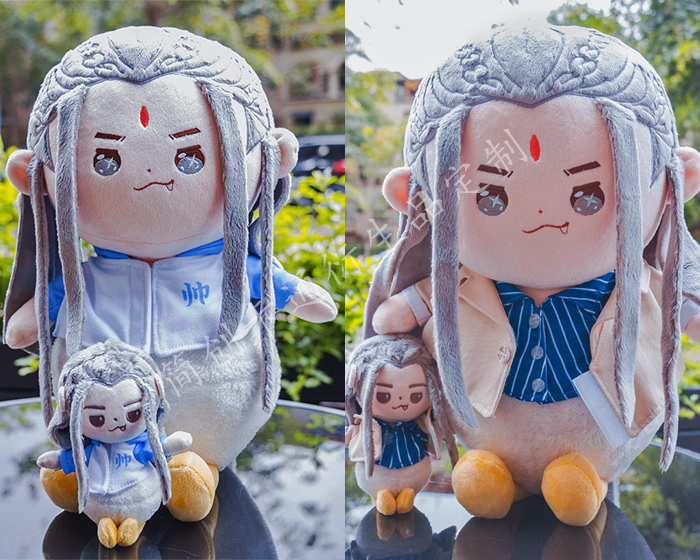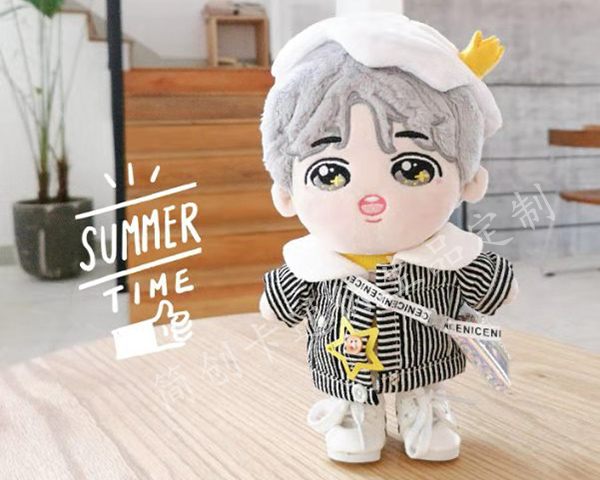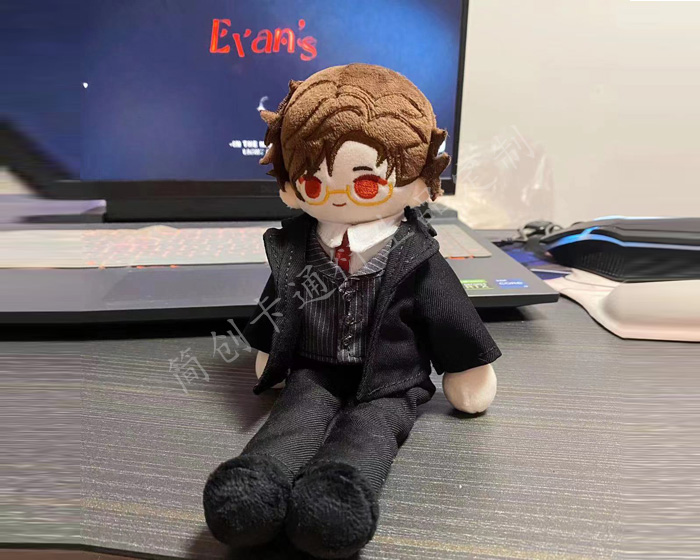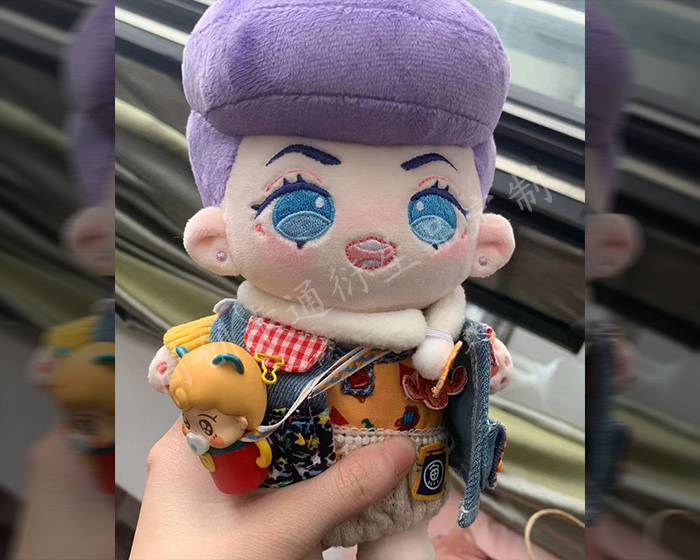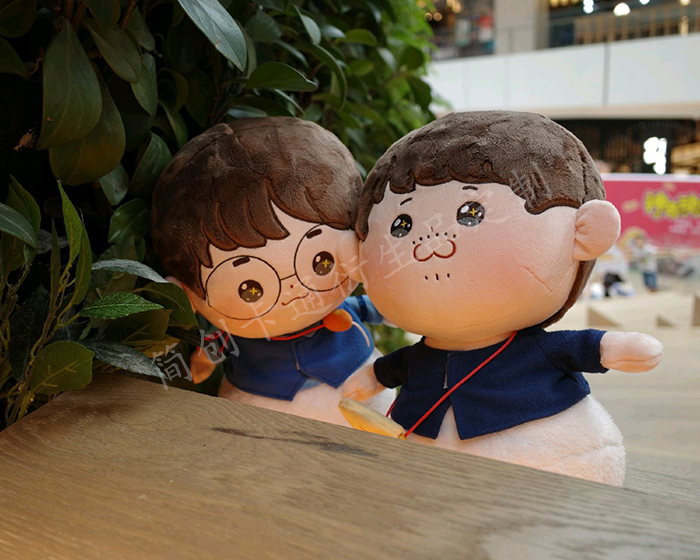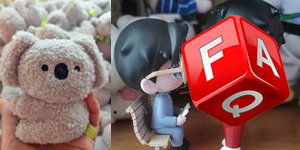stuffed animals hold a special place in the hearts of many, serving as companions, sources of comfort, and even confidants. While it's common for young children to sleep with stuffed animals, the question often arises: what age is it considered acceptable to continue this practice?
Infancy and Early Childhood
For infants and toddlers, Stuffed Animals can provide a sense of security. Many parents introduce plush toys as early as six months, though it’s crucial to ensure safety. The American Academy of Pediatrics recommends avoiding loose bedding and soft toys in cribs for infants under one year to reduce the risk of suffocation or Sudden Infant Death Syndrome (SIDS). However, once a child transitions to a toddler bed, they can enjoy the comfort of a stuffed animal while they sleep, often helping them feel safe in their new sleeping environment.
As children grow, typically between the ages of 2 and 4, stuffed animals become significant emotional supports. At this stage, they help children process emotions, navigate fears, and build imaginative play scenarios. Having a cuddly companion can ease bedtime anxieties and make transitioning to sleep smoother. Many children will develop strong attachments to specific stuffed animals, which may accompany them to bed nightly.
Preschool and Beyond
By preschool age (around 3 to 5 years), children often develop a deep emotional bond with their stuffed animals. These toys can represent a sense of stability and continuity in their lives. While some children may start to outgrow the need for stuffed animals by this age, many continue to find comfort in them well into early elementary school. It's common for children to take their beloved toys to sleepovers or on family trips, reinforcing their importance.
Tweens and Adolescents
As children enter tweens (ages 10-12) and teens, societal pressures and norms may influence their relationship with stuffed animals. Some may feel embarrassed about still sleeping with them, as they may view it as childish. However, many adolescents and young adults continue to find comfort in their stuffed animals, especially during stressful periods such as exams or life transitions. Stuffed animals can offer a sense of nostalgia and security, reminding them of simpler times.
The Importance of Emotional Comfort
Ultimately, there is no strict age limit for sleeping with stuffed animals. The emotional comfort they provide is invaluable at any age. While societal norms may suggest that children should outgrow their toys, the reality is that many individuals of all ages cherish these comforting companions. Whether it’s a source of nostalgia, comfort during tough times, or simply a reminder of childhood innocence, the value of a stuffed animal can transcend age.
Conclusion
In conclusion, there is no specific age deemed "appropriate" for sleeping with a stuffed animal. From infancy through adulthood, these plush companions can provide comfort, security, and emotional support. Parents should encourage their children to hold onto their stuffed animals as long as they find joy and comfort in them. Ultimately, the bond between a person and their stuffed animal is unique and should be celebrated, regardless of age.
The following are some examples of plush toys that our factory customizes for customers. Check out if there is one that you like best.
-
Custom Animal Plush
-
Cute Plush Doll
-
Custom Stuffed Animals
-
Plush Toy
-
Plush Dolls
-
Custom Stuffed Dolls
-
Custom Plush Toy
-
Cotton Dolls
-
Weighted Plush Toys
-
Cute Stuffed Animals
-
Custom Pet Stuffed Animal
-
Warmies Stuffed Animals
-
Weighted Stuffed Animal
-
Soft Toys
-
Plush Stuffed Doll
-
Custom Stuffed Dolls
-
Plush Maker
-
Bear Stuffed Toy
-
Anime Plush
-
Custom Stuffed Animal
-
Anime Plush
-
Custom Plush Toy
-
Personalised Stuffed Animal
-
Plush Animal Toys
-
Custom Plush Makers
-
Custom Plushies
-
Toy Manufacturer
-
Rag Doll Making
-
Custom Toys
-
Dog Plush Toys
-
Custom Rag Doll
-
Stuffed Animals
-
Custom Plush
-
Custom Plush Dolls
-
20cm Cotton Doll
-
Jojo Plush
-
Custom Doll
-
Jojo Doll
-
Large Plush Toys
-
15cm Cotton Doll
-
Dumpling Plush
-
Cotton Doll








